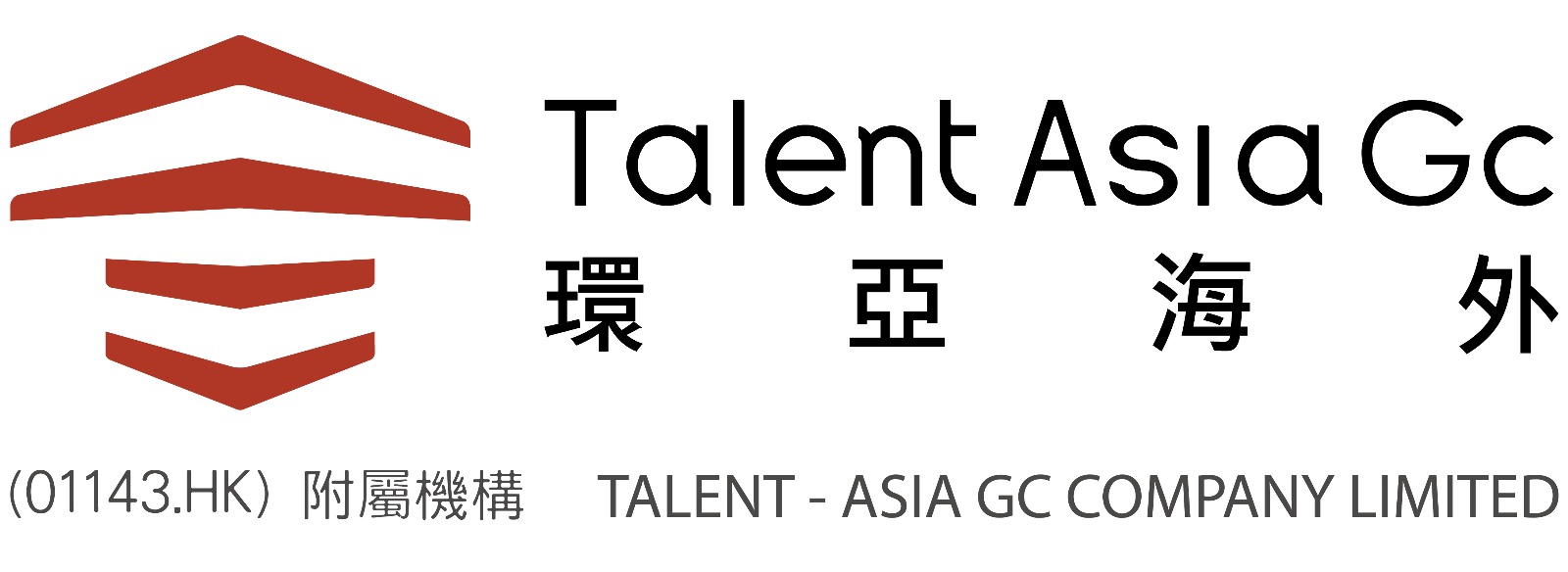South Korea
Immigration
Brief introduction of South Korea
- About medical insurance:
- The entire population is covered by the National Health Insurance (NHI), which is funded by social security funds, government and tobacco surcharges.
- NHI will provide primary and emergency treatment, consultation and drug prescription, although patients also need to pay a small fee.
- Regarding the security of retirees:
- South Korea has a lot of discounts for the elderly, including telephone fee subsidies, air ticket subsidies, and a large amount of pensions.
- Moreover, South Korea's medical facilities are complete. If you buy medical insurance, the government will pay 50 to 80% of the cost.
- About education:
- Compared with other developed countries, South Korea has a high level of education. Pearson, an international educational institution, commissioned the Economist Intelligence Unit to compare the cognitive skills and educational achievements of 40 countries and regions and publish the Global Education System Ranking Report. The global education system report evaluation criteria are based on the overall quality of higher education in various places, such as literacy rate and college graduation rate, as well as students' scores in international examinations. The reference materials include the International Assessment of Student Competency (PISA), the International Study of Mathematical and Scientific Trends (TIMSS) and the Global Student Reading Reading Ability Progress Research (Pirls), South Korea won the first place
- Preschool education:
- Preschool kindergartens are not included in the Korean public management plan and are not mandatory yet.
- Primary education:
- Primary education in South Korea is a six-year-old student and six-year-old children are enrolled.
- Secondary education:
- Secondary education includes junior high schools and senior high schools.
- Higher education:
- Including junior colleges, education universities, normal universities, comprehensive universities and graduate schools, etc., mainly implement full-time education.
- Among them, junior colleges are two-year, education universities, normal universities and comprehensive universities are four-year, while medical universities are six-year, and the master's and doctoral programs of graduate schools must be completed within 2 to 3 years.
- Higher education institutions in South Korea are divided into three management systems: national, public and private.
Korean Deposit Investment Immigration Project
South Korean deposit immigration, officially known as public welfare investment immigration, refers to the system that the government will grant resident (F-2) status for foreigners and their accompanying families who invest more than the standard amount of funds in investment projects designated by the Minister of Justice. If they maintain investment status for more than 5 years with residence (F-2) status, they will be granted permanent residence (F-5) residence status according to a certain standard.
- Invest 1.5 billion won:
- For investors under the age of 55, deposit 500 million won, obtain an F2 residence visa, return the deposit after 5 years, and obtain a permanent residence (F-5 visa).
- Invest 3 billion won:
- With a deposit of 1.5 billion Korean won, you can get the right of permanent residence (F-5 visa) in one step, withdraw money after 5 years, and keep your status permanently.
- ※During the F2 status holding period, you need to maintain the investment and convert the F5 permanent residence status. You can withdraw from the investment, and the status will not be affected.
- Advantages of the project:
- ✔ Government endorsement, interest-free return of funds after 5 years
- ✔ The application conditions are simple, and there are no language or academic requirements.
- ✔ Fast speed, and it can be approved in 10 days at the earliest.
- ✔ No immigration supervision, just log in once a year.
- ✔ The whole family enjoys high-quality education, medical care and other benefits
- ✔ There is no age limit for children. As long as they are unmarried, they can apply together.
- ✔People who want to get their identity quickly
- ✔ People with low budget cost
- ✔People with "conservative" investment concepts
- ✔People who want to immigrate without moving
- ✔People who want their children to receive international education
The advantages of Korean immigrants
- The advantages of Korean immigrants
- 1. Economically developed
- 2. Close to the distance
- 3. There is no immigration supervisor, and you only need to go back to South Korea once a year.
- 4. Permanent property rights
- 5. Assets are safe and secure, and the purchase of real estate can also preserve and add value to the value of land. South Korean investment immigration is a government project, which is safe and secure. Similarly, real estate is also a property designated by the South Korean government. At the same time, in terms of real estate price growth, there is a lot of room for investment appreciation.
- 6. F2 visa allows you to live in South Korea and engage in various economic activities.
- 7. Superior medical policy
- 8. Rich old-age security
- 9. First-class education
- 10. It is very convenient to apply for visas from other countries in South Korea.
- 11. Low tax

